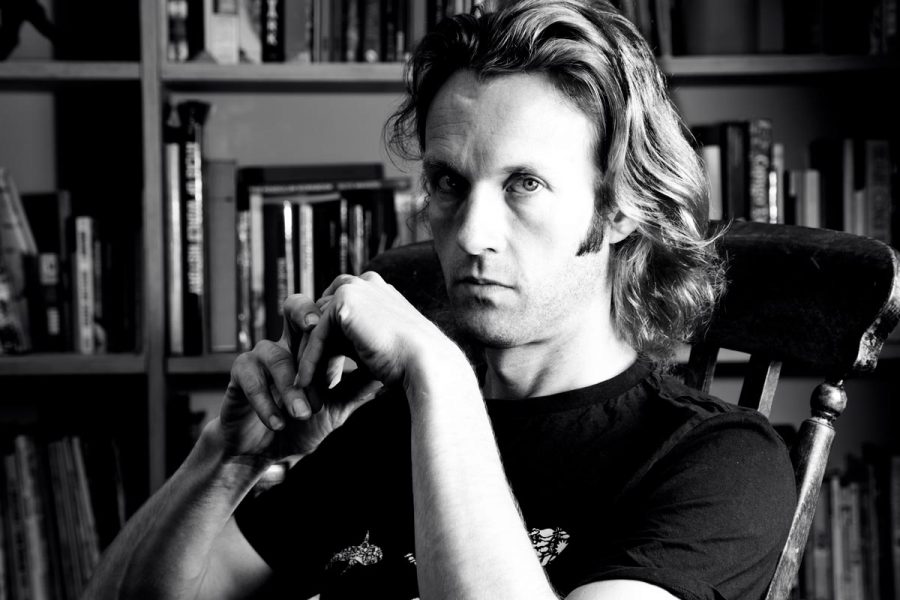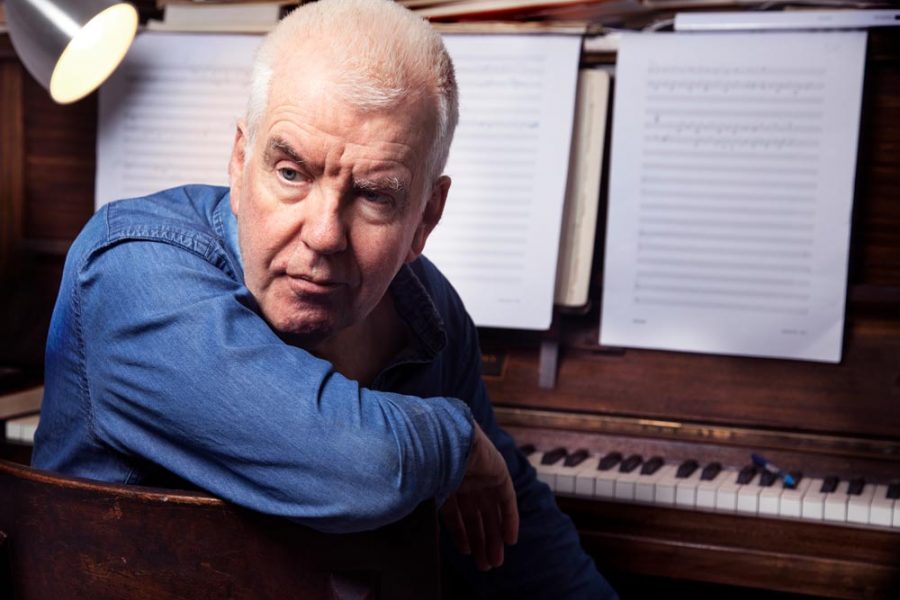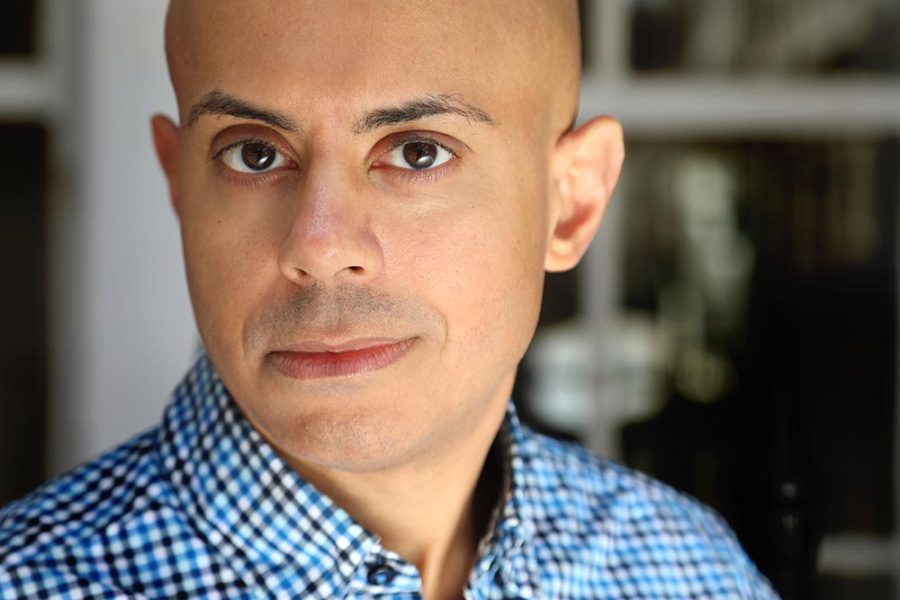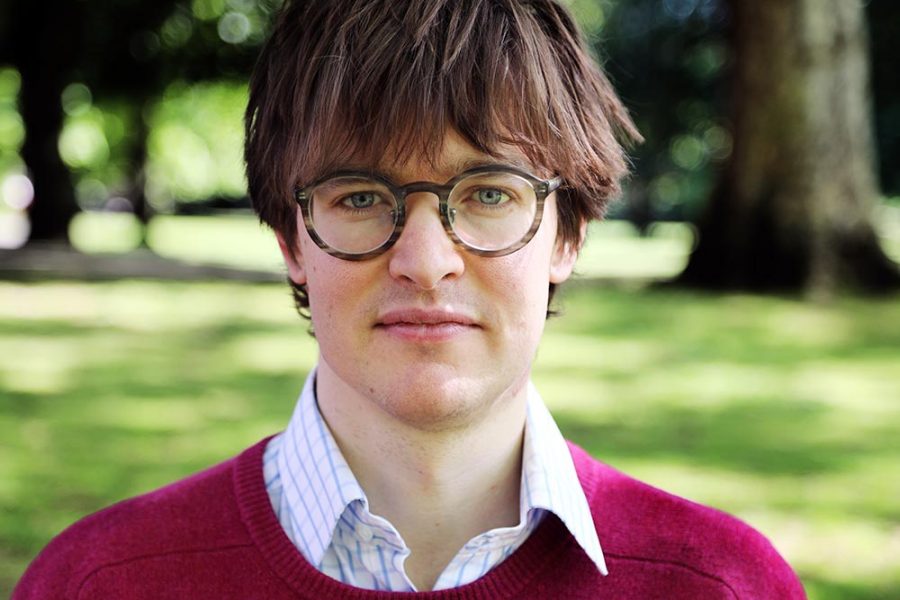Imagining the Sound: Ellen Taaffe Zwilich

July 2015
Words by
Emer Nestor
Photos by
Frances Marshall
There are not many composers in the modern world who possess the lucky combination of writing music of substance, and at the same time exercising an immediate appeal to mixed audiences. Zwilich offers this happy combination of purely technical excellence and a distinct power of communication.
— Baker’s Biographical Dictionary of Musicians
American composer and violinist, Ellen Taaffe Zwilich, is revered the world-over for her musical vision, empathy, and unwavering contribution to the Arts. Her music first came to public attention when Pierre Boulez conducted her Symposium for Orchestra at Juilliard in 1975, while she was completing her Doctorate of Musical Arts in Composition. Since winning the coveted Pulitzer Prize for Music in 1983 for her Symphony No. 1 — the first female to do so — Zwilich has gone on to receive a plethora of distinguished accolades for her compositions, including the Elizabeth Sprague Coolidge Chamber Music Prize, the Arturo Toscanini Music Critics Award, an award from the American Academy and Institute of Arts and Letters, the Ernst von Dohnányi Citation, four Grammy nominations, the Alfred I. Dupont Award, Miami Performing Arts Center Award, the Medaglia d’oro in the J.B. Viotti Competition, and the NPR and WNYC Gotham Award for her contributions to the musical life of New York City. In 1995 she entered the history books of Carnegie Hall as the first to occupy the prestigious Composer’s Chair. Four years later, Zwilich was announced as Musical America’s Composer of the Year. She also appeared as the subject of two cartoons in the late Charles Schulz’s celebrated Peanuts® series. As a recipient of a Guggenheim Fellowship, and six honorary doctorates, Zwilich currently holds the Francis Eppes Distinguished Professorship at Florida State University.
In his entry on Zwilich in the Grove Music Online, K. Robert Schwarz ascribes her reputation as ‘one of America’s most frequently played and genuinely popular living composers’ to a ‘constant stream of orchestral commissions, numerous repeat performances and an increasingly accessible musical language’.
Zwilich generously invited Final Note into her beautiful apartment and work studio on the upper west side of Manhattan to share her story with us.
When I was a toddler and climbed onto the piano bench and heard what happens when you pressed keys down — I was hooked for life!"

When did the urge to compose first take hold?
When I was a toddler and climbed onto the piano bench and heard what happens when you pressed keys down — I was hooked for life! That’s when I began inventing things.
What did you enjoy most about your undergraduate and postgraduate studies in composition at Florida State University?
Everything I wrote got played immediately — even if it was for band or orchestra — that was the best thing. Of course, I did learn much from my teachers and colleagues, and that was also a big plus.
Do you have any particular memories of your time as a violinist with the American Symphony Orchestra, under Leopold Stokowski?
I could go on and on about my 7 years (1965-1972) in the American Symphony under Leopold Stokowski. For one thing, ‘Stoki’ was always a champion of contemporary music, so we played a lot of new music as well as the standard repertoire. We even did full concerts with Aram Khachaturian, Luciano Berio, Hans Werner Henze, Earle Brown, and Gunther Schuller, with the composers conducting.
There were also memorable guest conductors: Karl Bohm, Eugen Yochum, Paul Kletzki, Igor Markevitch — several were really interesting to play for. All in all, this was a great learning experience for me.
What motivated you to pursue Doctoral studies in composition at Juilliard, and how did you deal with the demands of the DMA program?
I wanted to get better as a composer. Since I was still playing violin and had a full-time college teaching position as well, I spread my Juilliard study over a number of years. I loved my time at Juilliard, particularly my work with Roger Sessions, also for a short time, Elliott Carter. Then there was a memorable class with the musicologist, Gustave Reese, and for a composer there were many opportunities to interact with performers and composer colleagues. The composition faculty was really diverse — from David Diamond to Milton Babbitt — and each gave generously of his time, even if you weren’t his student.
Can you remember how you felt when you heard Pierre Boulez and the Juilliard Symphony perform your Symposium for Orchestra (1973) for the first time?
Ecstatic!
Tell us about the challenges of your early days as a working composer?
It’s about the same as now, I would say. I like to feel that I’m always learning and evolving as a composer.
What was it like to be the first woman to win the Pulitzer Prize for Music (1983)?
That brought quite a bit of attention to my music. I didn’t realize that I was the first woman until a journalist from the LA Times told me!
When it comes to your orchestral style, whom do you count among your influences within the world of symphonic writing?
I’ve never wanted to write “like” anyone. I think that performing and just loving the repertoire — from Haydn to today — has been a major influence…not to mention the incredible orchestral performances of my own music that I have heard over so many years. I find the orchestra fascinating, partly because it is so many different creatures that can sound like one. I don’t write at the piano and then ‘orchestrate’. I like to write directly on the orchestra, and I get great pleasure in imagining the sound.

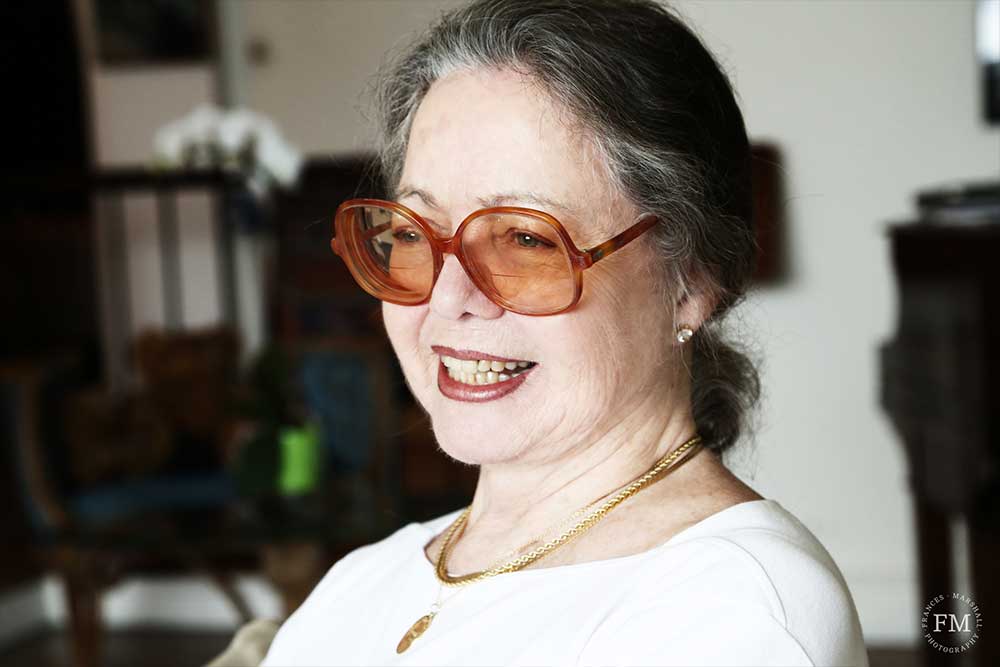


I try to discover the 'karma' of the solo instrument (one of the above 'creatures'!) and write to explore that. I've never taken a commission unless I felt excited about doing it."

Did you make a conscious decision to write concertos for the more neglected instruments of the brass and woodwind, or was the idea to write for these instruments merely organic?
For me, it’s an exploration. I try to discover the ‘karma’ of the solo instrument (one of the above ‘creatures’!) and write to explore that. I’ve never taken a commission unless I felt excited about doing it. I do love writing a Concerto, and I’ve been lucky to be able to write for some of the very best performers.
When composing for solo instrument or chamber ensemble, do you write with a particular player in mind, and is the relationship between composer and performer fundamental to your overall ethos?
I love the interaction with performers who will be doing the first performance — I consider it a real collaboration. While I like to write imagining a particular player performing, I don’t want to think like a tailor making a bespoke suit (you know: your left leg is a little longer than your right, etc…)! Rather, I like to think of my first performer (hopefully the first of many!) as an inspiring partner.
Take us through your compositional process.
I can work pretty much anywhere. It’s been wonderful for so many years to have the time to devote to writing, because I don’t seem to be ‘regular’ in any way. Typically, I spend a lot of time thinking, sketching, studying, whatever, before a piece really takes off. I’m not like those (enviable!) writers who work from 9 to 1 and write x-number of words per day. I’ve learned to think of my work as an exploration, or a voyage of discovery. It’s almost exciting realizing that this is something you can’t really learn to do.
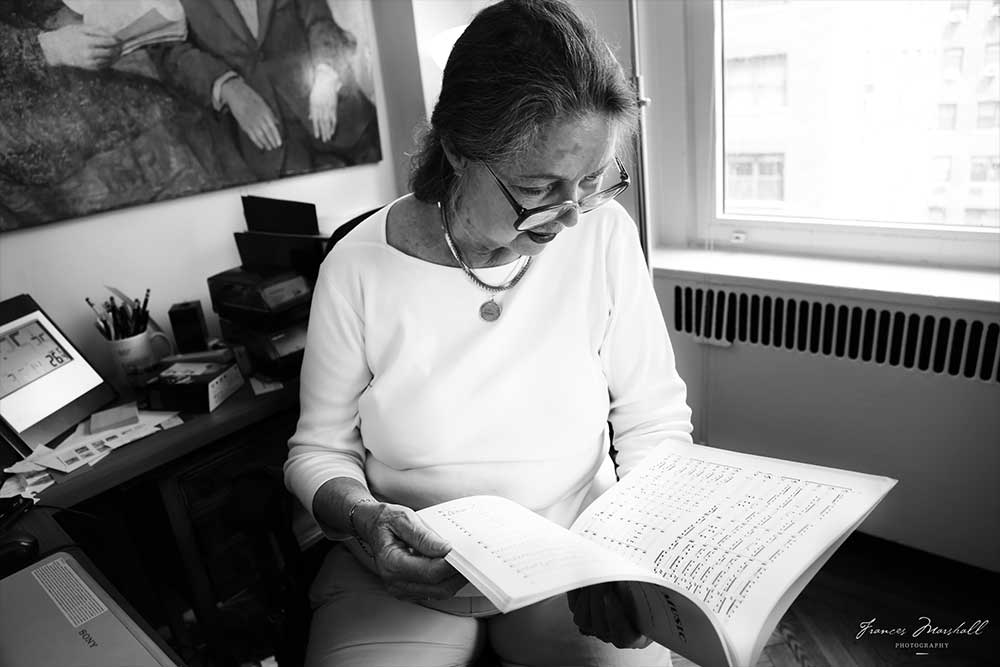


Are you working on anything at the moment?
My most recent premiere was Concerto Elegia for Flute and String Orchestra. I’m working on something at the moment, but I don’t want to talk about it.
How do you like to spend your days?
I also love to read; I like to swim (probably 5 or 6 days a week), I have enjoyed photography; I love to travel. I enjoy art of various kinds, and a nice glass of wine while looking at a sunset or moonrise!
Do you have any advice for young composers today?
Work hard; dream big; approach composition as something nobody can teach you to do — it’s your own exploration. Don’t forget to enjoy life and learn from all around you.
What are your thoughts on the current trends in American Contemporary Music?
The American music world is quite open and diverse, and I like that.
All images displayed in this article are subject to copyright.
Share this article


